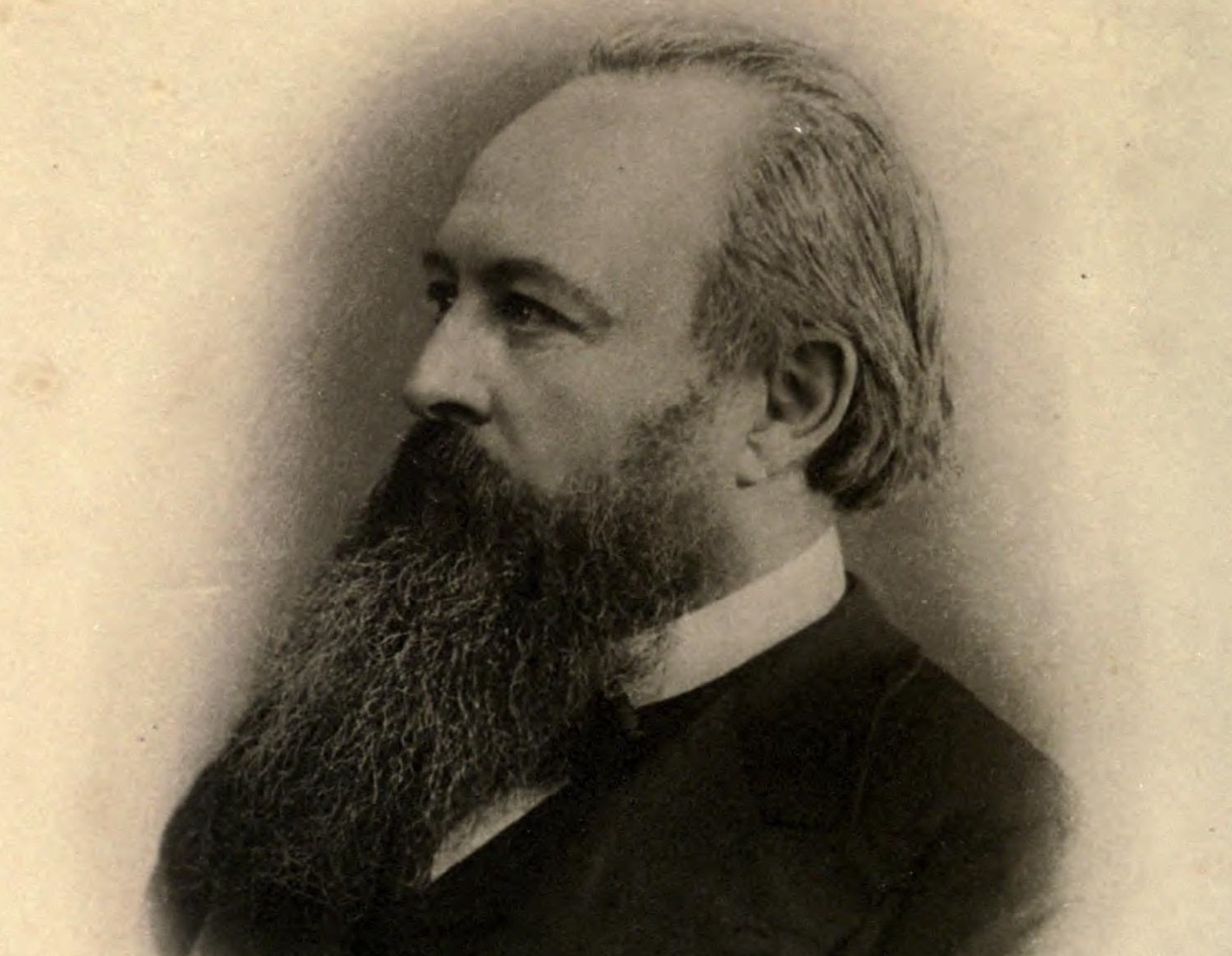People have been making some drastic changes to their lives to deal with the COVID-19 pandemic. Some have taken this challenge as an opportunity to grow in wisdom. Others have been called to learn new skills, and still others are doing whatever they can to keep their bearings in a time of crisis. Some are coping in less salutary ways, like spouting anger online.
Online debates can be stimulating, sometimes heated, and rarely edifying. This is particularly true of debates about politics, economics, and religion. Sohrab Ahmari, the op-ed editor of the New York Post and columnist at First Things, engages frequently and forcefully online on all three topics. He has a lot of opinions, and earlier this week many of them were hurled in the direction of Ryan T. Anderson, the editor-in-chief of Public Discourse and 2016 Novak Award Winner, in response to his recent essay in National Affairs titled, “Proxy Wars over Religious Liberty.”
Anderson’s thoughtful article makes the case for religious liberty as essential to, but not sufficient for, social transformation. As a self-styled illiberal Catholic, Ahmari has been dismissive of the liberal tradition in general and religious liberty in particular. His initial tweets of protest were centered on St. John Henry Newman’s conception of the rights of conscience, but his parting shot was aimed squarely at Lord Acton and his Catholic heirs:
Amazing, and telling, that Lord Acton is held up as a heroic protagonist in certain Catholic circles. Truly, one long rebellion.
— Sohrab Ahmari (@SohrabAhmari) April 14, 2020
Lord Acton’s long life was, like Ahmari’s, filled with many conflicts over both religion and politics. His family’s conversion to Catholicism made their prospects in England more difficult, which is why Lord Acton was born in Naples. He had to be naturalized by an act of Parliament when his mother returned with him as a boy. Acton studied in Munich, because, he believed, he was denied admission to Oxford and Cambridge on the grounds of his Catholicism. His conflicts with Rome were issues of conscience and scholarship antithetical to a spirit of rebellion. When he ceased the publication of The Home and Foreign Review due to ecclesiastical pressure, he wrote:
It would be wrong to abandon principles which have been well considered and are sincerely held, and it would also be wrong to assail the authority which contradicts them. The principles have not ceased to be true, nor the authority to be legitimate, because the two are in contradiction.
At the height of controversy Acton chose fidelity: “But I will sacrifice the existence of the Review to the defense of principles, in order that I may combine the obedience which is due to legitimate ecclesiastical authority with an equally conscientious maintenance of the rightful and necessary liberty of thought.”
Lord Acton laid down his opinions out of obedience to the faith.
When I was a younger man, I was much freer with my opinions about politics, economics, and, of course, religion. One day, a friend asked me why she should convert to my religion. At that moment I realized what it meant when Colonel T.E. Lawrence said of his time in the desert, “Easily was a man made an infidel, but hardly might he be converted to another faith.” I gained some spiritual maturity by realizing that, while my opinions might be able to prove a stumbling block (Romans 14:13), they could not do what only the Lord can do: Bring people to faith (John 15:16). I told her that this is something that she needed to bring to the Lord on her own, that I would pray for her, and that I would give her an account of my hope (I Peter 3:15), but that I would not presume to bind her conscience.
Faith is a fragile thing. We create stumbling blocks for ourselves, and we put stumbling blocks before others. Only God, faith’s object, can build it within us.
I pray that I never face the sort of crisis of conscience Lord Acton was faced with, and I pray Sohrab Ahmari never does, either. In life, and online, we must remember, “He died for us so that, whether we are alert or asleep, we will come to life together with him” (I Thessalonians 5:10). We are called to build each other up, not devalue and dismiss.
(Photo credit: Public domain.)

